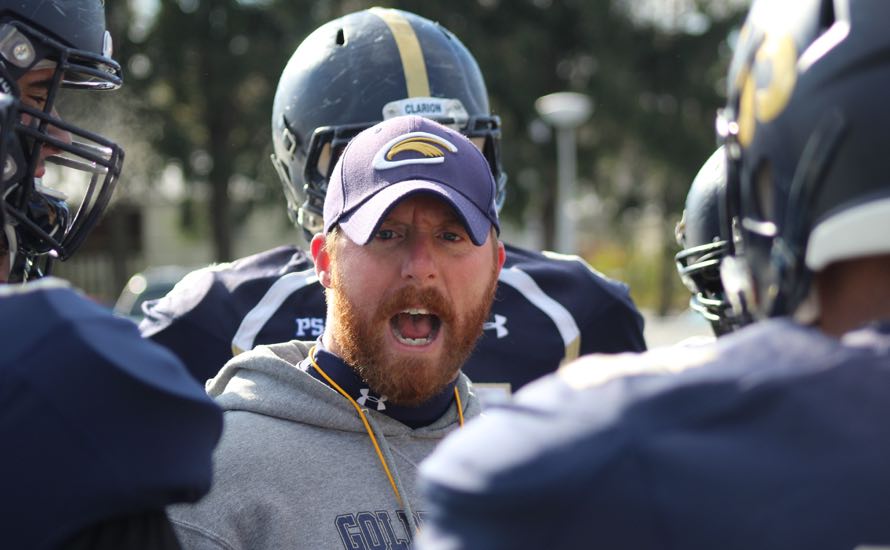Case coaching is an industry of its own. It seems like coaching is a necessary part of the consulting interview prep process and without it you don’t have a chance of getting an offer. It can be a tough decision as the price point for case coaching can be very high (10x more than the average hourly wage in the US).
When to seek out a coach
Coaches can be very helpful and typically there are three main reasons to seek out a coach:
- You don’t know what to do or how to start
- You need to benchmark your performance
- You have reached a plateau in your prep
Depending on your reason you will need to find the right type of coach. A coach can be a peer who is prepping for consulting interviews, a person willing to offer their time who has a consulting job, or someone who does coaching full time. Regardless of the coach, you have identified that you need help and are now looking for the right person to offer that help.
What a coach can help with
A coach ultimately should help to improve your performance, be it on case interviews, fit interviews, or any other topic. They should be able to take you from your current level of abilities and help you reach the required standard of performance.
A coach can help you to create a plan to chart a path towards your desired outcomes. A coach can also build your confidence in performing the skills you are working to perfect.
Setting expectations for coaching sessions
After a coaching session don’t expect to be transformed. Learning a new skill is a process and takes effort and time.
Do a self-assessment prior to your coaching session to identify areas where you think you are strong or weak, and identify areas for improvement where you think you should be focusing. See how your self-assessment matches up with your coach’s assessment to see how accurate you are at gauging your abilities.
Be open to feedback as the whole reason you are seeking a coach is to get better. Listen to what they are telling you and try to incorporate it into your performance. Ask for unfiltered feedback with quantifiable metrics. For example, would I pass the interview based on my performance today? Can you rate my performance on scale on 1-5?
Be realistic about your timeline, both in terms of how many sessions you may need and how much time you should take between coaching sessions. It depends on why you are seeking a coach as well as where you are in your case prep journey as to how many sessions you may need.
During the coaching session
During a coaching session focus on doing drills to improve specific skills. Just like in sports, doing drills will allow you to work on improving individual parts of your performance. During the coaching session ask for feedback that includes an example provided by the coach of how you could have tackled the problem. Not only do you get to understand where you can improve but you also get an example of the level of performance you need to achieve.
Ask your coach to record the session and if they can take specific notes on your performance regarding moments where you could improve. Watching yourself can be painful but it is a great way to improve fast since you are able to get an objective view of what you said and did during the coaching session.
Ask for specific homework to work on the areas where you have room for improvement. The homework should be actionable and expandable, meaning you should know what, how, and how much to practice to identify when you have improved to an acceptable level.
Ask for connections to other people who the coach has worked with so that you can practice outside of your coaching sessions. These can be people who are strong in your areas of weakness or people who are also trying to improve a similar skill set. Having your coach refer someone who they think has already mastered the skill you are working on can be a great way to learn from others and get practice before your next coaching session or interview.
Things to consider when looking for a coach
Coaching can be done as part of a consulting prep program or through independent coaches who offer coaching. When looking for a coach find someone who has gone through the experience themselves and successfully completed the task (i.e. got an offer). Also look for a person who has experience coaching and teaching others. Some people are excellent performers but not great teachers. The last criteria would be your personal fit with the person, you need to feel comfortable and trust your coach. Personally, I have used Peter’s resources and found his coaching to be high quality.
When selecting a coach, if possible, talk to them before you organize a formal coaching session so that you can identify if they are a good fit and see if they will be able to provide you with the kind of coaching you need.
If you are doing case prep with others, ask if they are using a coach and what their experience has been and if they would recommend the coach to others.
Deciding to spend the money and time to find a coach can be an easy decision if you do a self-assessment, set expectations, and work to close the gap between your current and desired level of performance.
Andrew Kuczmarski is a PhD candidate at the University of Delaware whose passion lies at the intersection of science and business.
Image: Pexels
